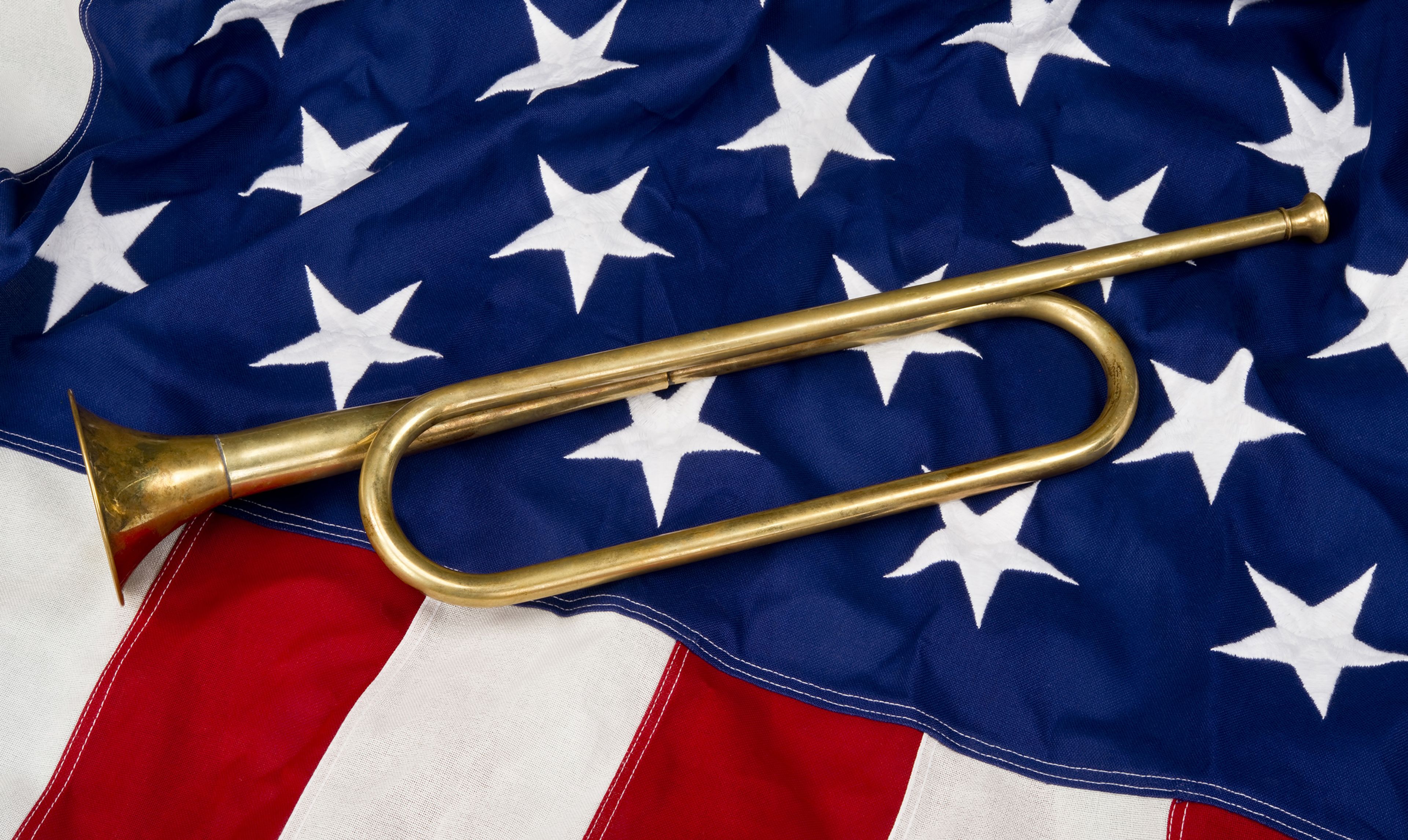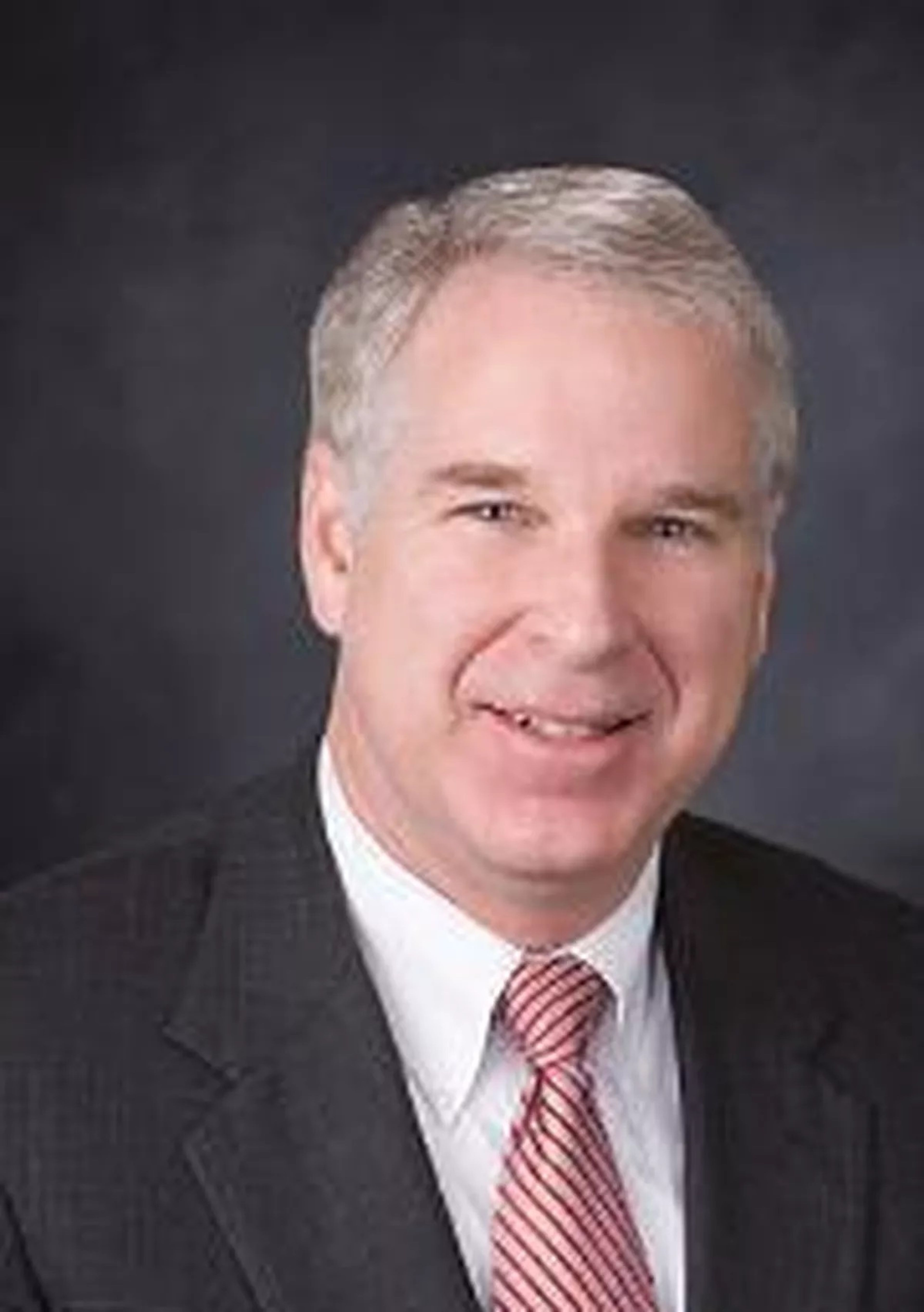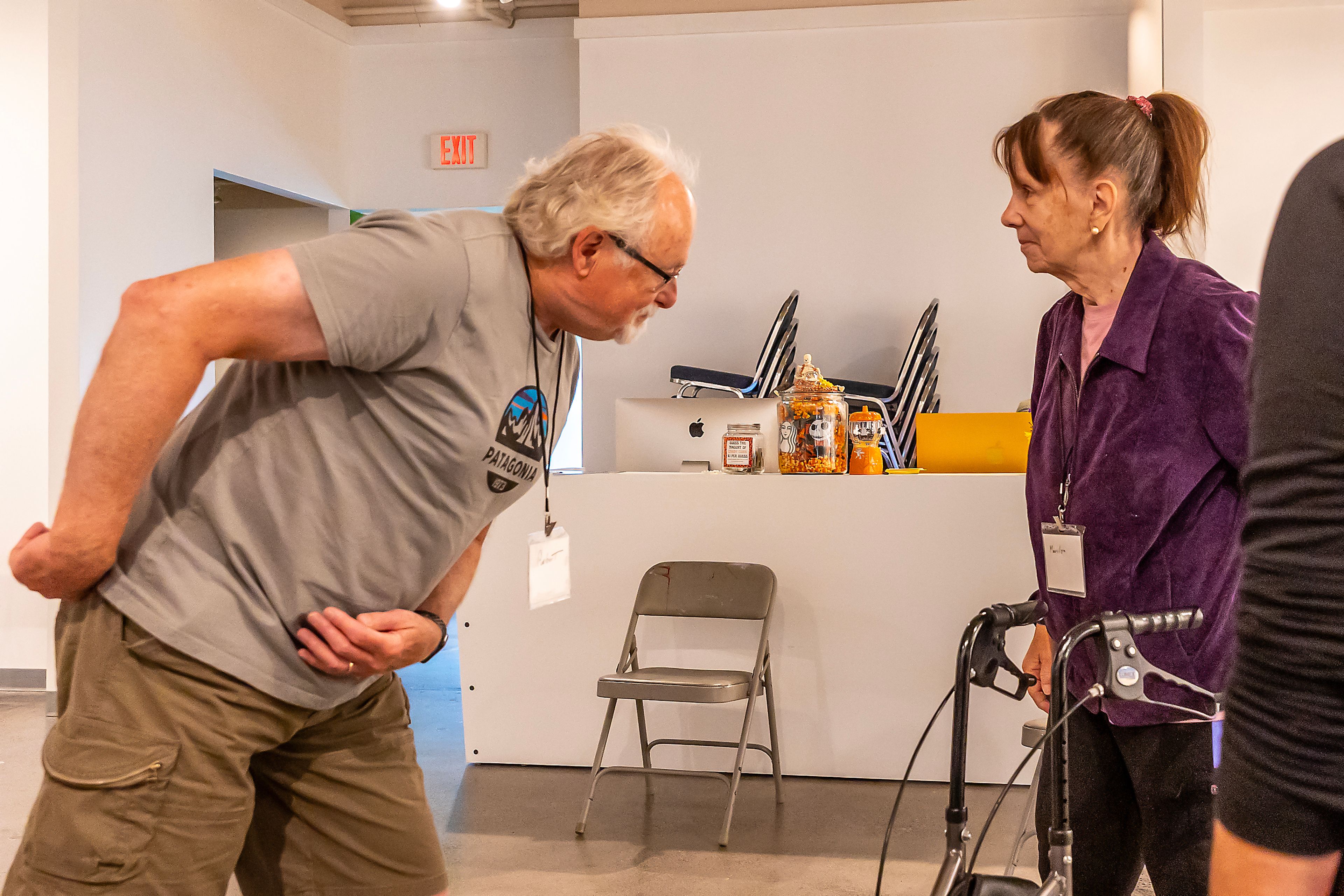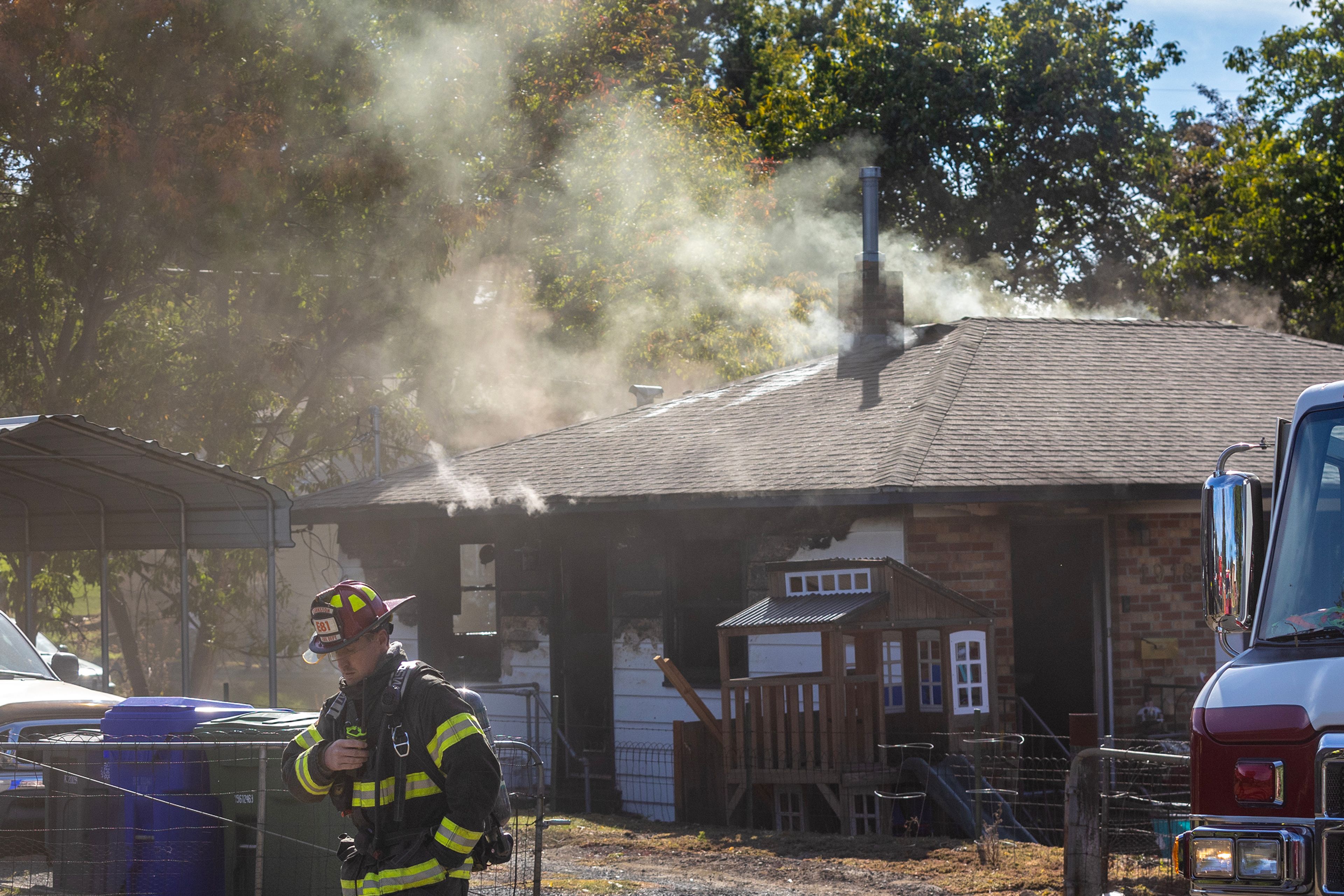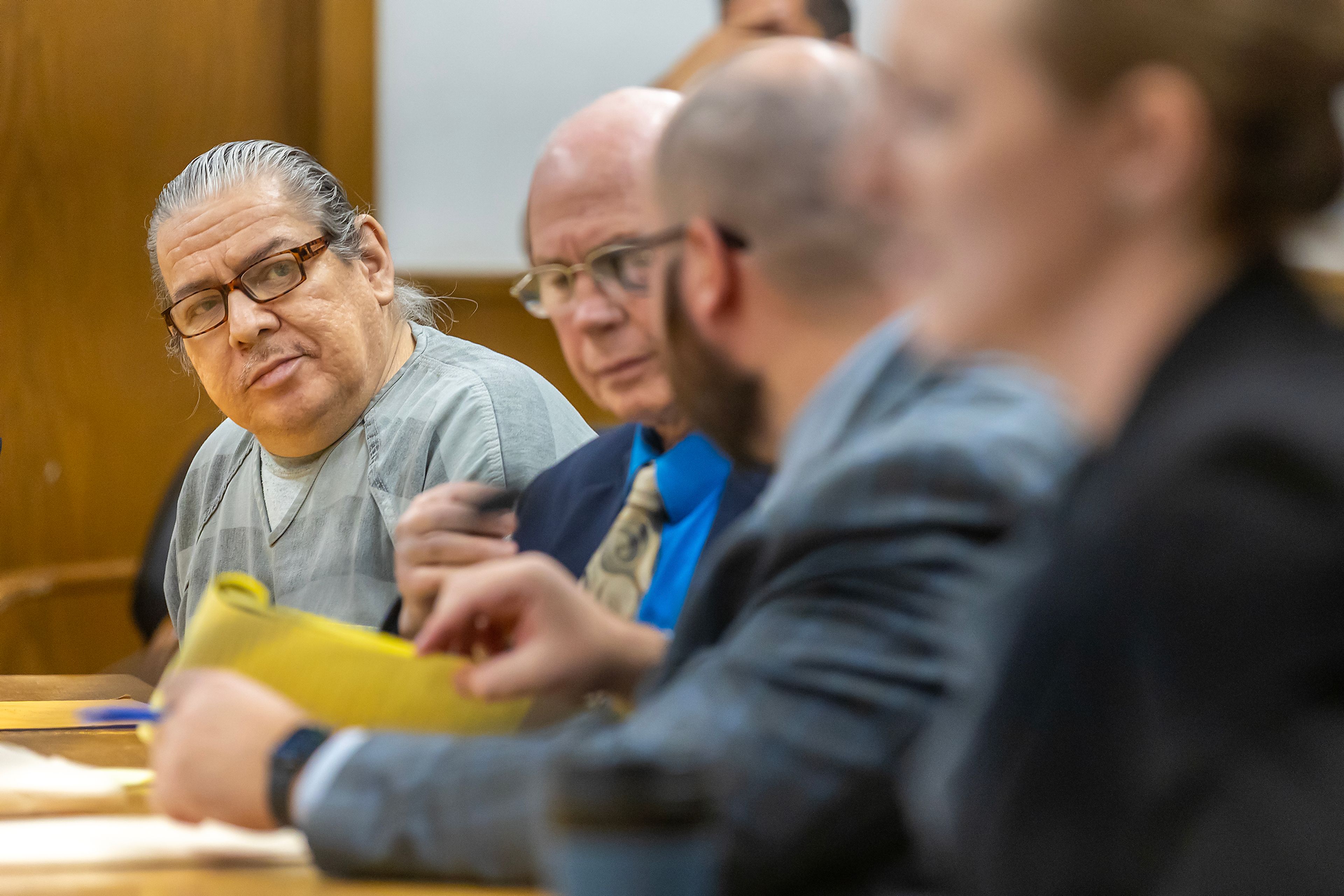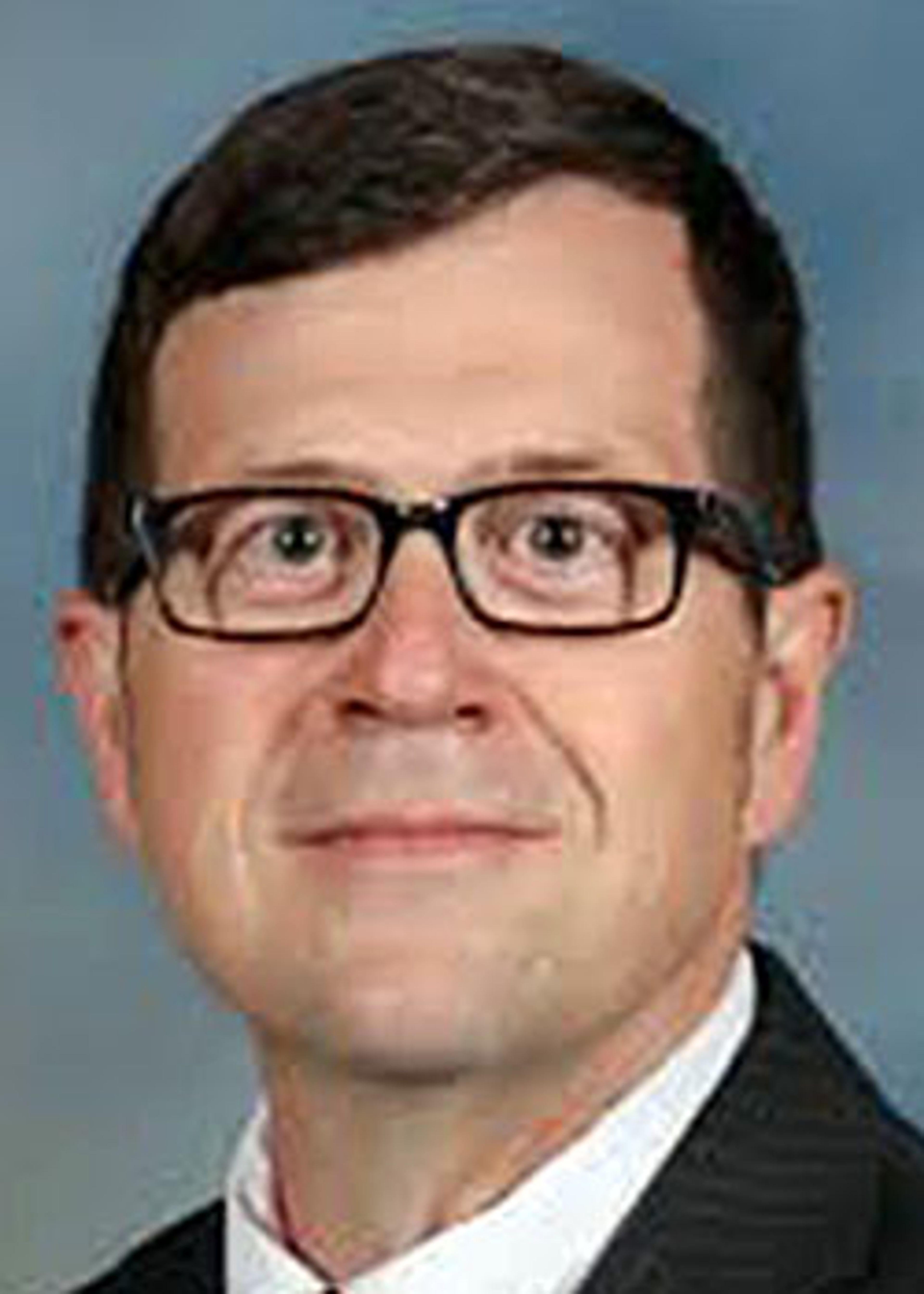The bugle call known as taps is 24 hallowed notes long. My dad was a World War II Army veteran. At the close of his funeral service, a soldier stood on the crest of a small nearby hill and sounded taps. Each note rang with a piercing sorrow.
When taps is sounded, military members salute, civilians place their hands over their hearts, and loved ones of the deceased bite their lips, hold their breath and try not to cry.
Taps first gained a foothold during the Civil War. It signaled “lights out” as another day drew to a close.
Today if you are on a military installation, you may hear taps sounded in the evening, broadcast over speakers. If you are driving, you pull your car over and wait until taps is finished.
Taps is sounded every evening at 11 p.m. in Arlington National Cemetery in Virginia. Notes linger above perfectly lined rows of gravestones that stretch as far as the eye can see, then ascend into the heavens.
Those interred in Arlington, and in every other large and small cemetery dotting the country, span time and history. Beneath the sod rest the remains of Union and Confederate soldiers, doughboys of World War I, service members of World War II, Korea, Vietnam, Desert Shield, Desert Storm and the Gulf wars fought in Iraq and Afghanistan. They were men and women of all ages, all races, and all different backgrounds and stories.
A few years ago, it came to light that 14 women from the legendary Six Triple-Eight (6888), a multi-ethnic, primarily all-black, female military unit from World War II, are buried at Arlington. Stationed in Europe, they tackled an entire warehouse full of undelivered letters and packages. The unit’s motto was “no mail, low morale.” These women, eager to serve their country, fought sexism, racism and the Nazis. What courage. What a legacy.
Loved ones of those who have died in military service hold on any way they can: dog tags, Purple Hearts, an old telegram, handwritten letters and maybe a folded flag presented at a funeral.
How do those of us who have never served, let alone come close to giving all, honor those who died in service to country?
We honor them by honoring the legacy. Ask your kids and grandkids if they know why we have a holiday called Memorial Day. If they don’t know, don’t lecture them, just help them connect the dots.
Help them understand that an incredibly long line of people stretching from the Revolutionary War to the present paid the ultimate price for the freedoms we enjoy.
They were ordinary people with hopes and dreams, just like yours and mine. They were sons and daughters, brothers and sisters, husbands and wives.
Memorial Day is a day of remembrance. So let’s do that. Remember.
Borgman is an author, speaker and columnist for Tribune News Service. She may be contacted at lori@loriborgman.com.
TNS
